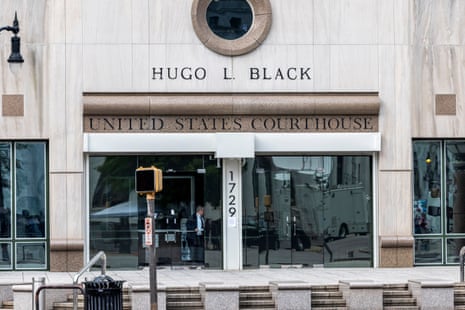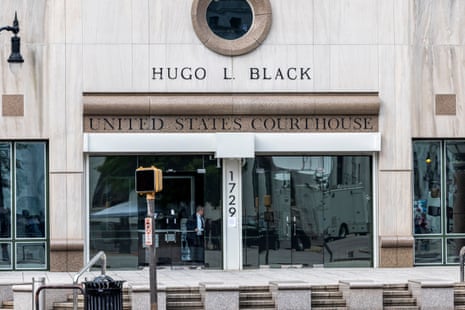
In a disturbing case, Frankie Johnson, an inmate at the William E Donaldson prison outside Birmingham, Alabama, alleges he was stabbed around 20 times between 2019 and 2020. Johnson claims that on multiple occasions, he was attacked by other prisoners while correctional officers either looked on or actively encouraged the assaults. In 2021, Johnson filed a lawsuit against Alabama prison officials, alleging failure to keep him safe, rampant violence, understaffing, overcrowding, and pervasive corruption within the state’s prisons.
The Alabama attorney general’s office hired Butler Snow, a law firm that has received millions of dollars from the state to defend its troubled prison system. However, during the proceedings, an attorney at Butler Snow, working with the firm’s head of constitutional and civil rights litigation, William Lunsford, cited cases generated by artificial intelligence that turned out to be non-existent. This incident has led to the firm facing sanctions from the federal judge overseeing Johnson’s case.
The misuse of AI-generated content in legal filings is becoming an increasingly common problem. A database tracking such instances has identified 106 cases globally where courts have found ‘AI hallucinations’ in legal documents. In the United States, attorneys have faced consequences for including false AI-generated information in official legal filings, with some receiving suspensions and fines.
At a hearing in Birmingham, US District Judge Anna Manasco expressed concern that previous disciplinary actions against attorneys using AI-generated fake citations have been insufficient. She considered a range of sanctions against Butler Snow, including fines, continuing legal education, referrals to licensing organizations, and temporary suspensions. Attorneys from Butler Snow apologized profusely and accepted responsibility, pointing to their firm policy requiring approval for using AI in legal research.
Matthew Reeves, the attorney who used ChatGPT to generate the false citations, took full responsibility for his actions, stating that he had failed to verify the citations through independent review. Lunsford has begun reviewing prior filings to ensure there are no more instances of false citations. Judge Manasco allowed Butler Snow to file a motion within 10 days to explain their process for addressing the issue before making a decision on sanctions.
This incident has raised questions about the state’s reliance on Butler Snow, which has been paid millions to defend the Alabama Department of Corrections in various civil rights cases. Despite the controversy, the Alabama attorney general’s office has indicated that it will continue to work with Lunsford and Butler Snow.


